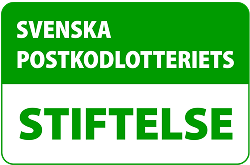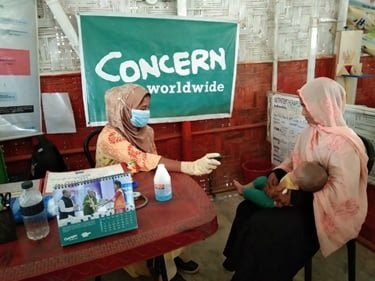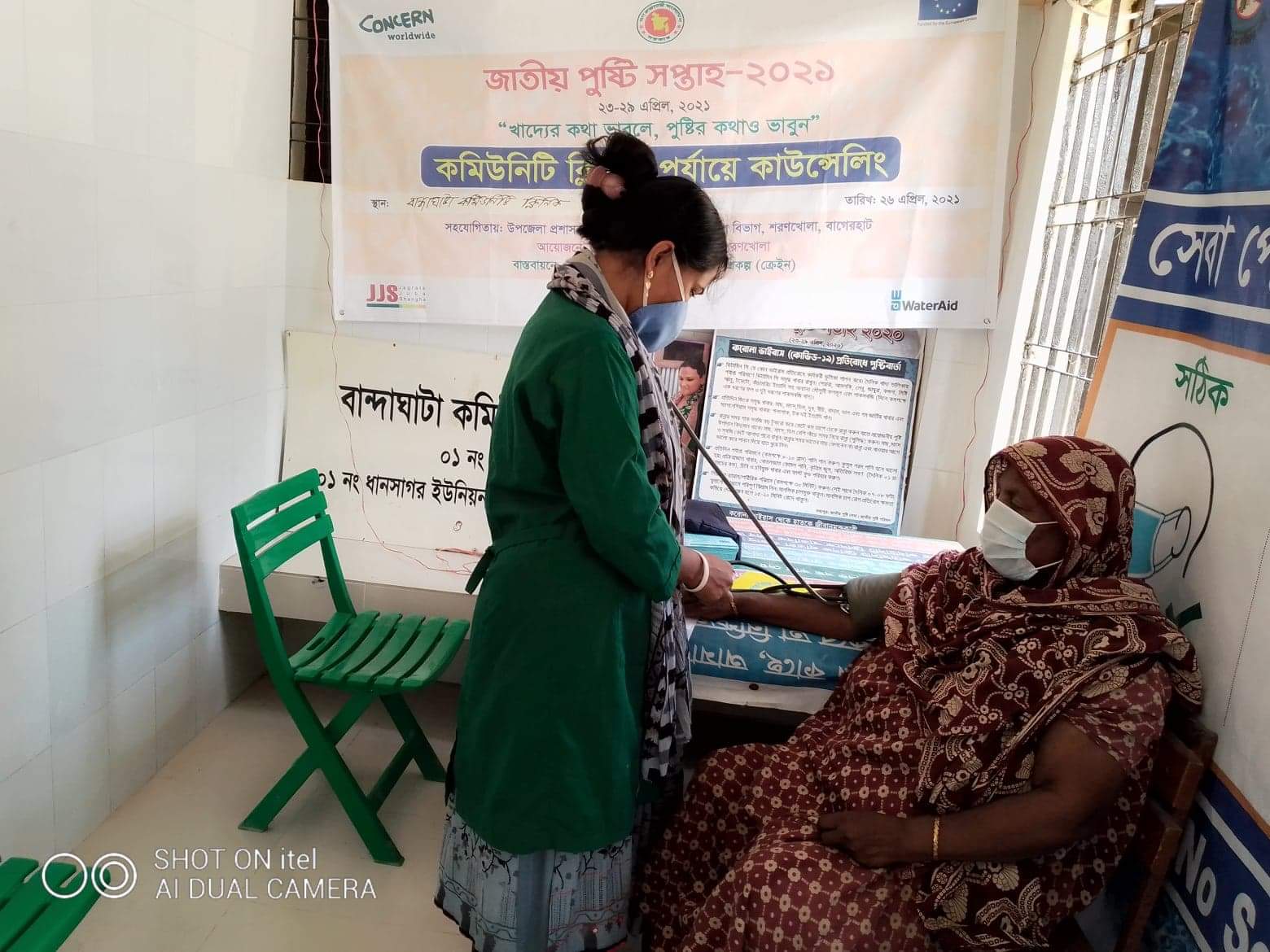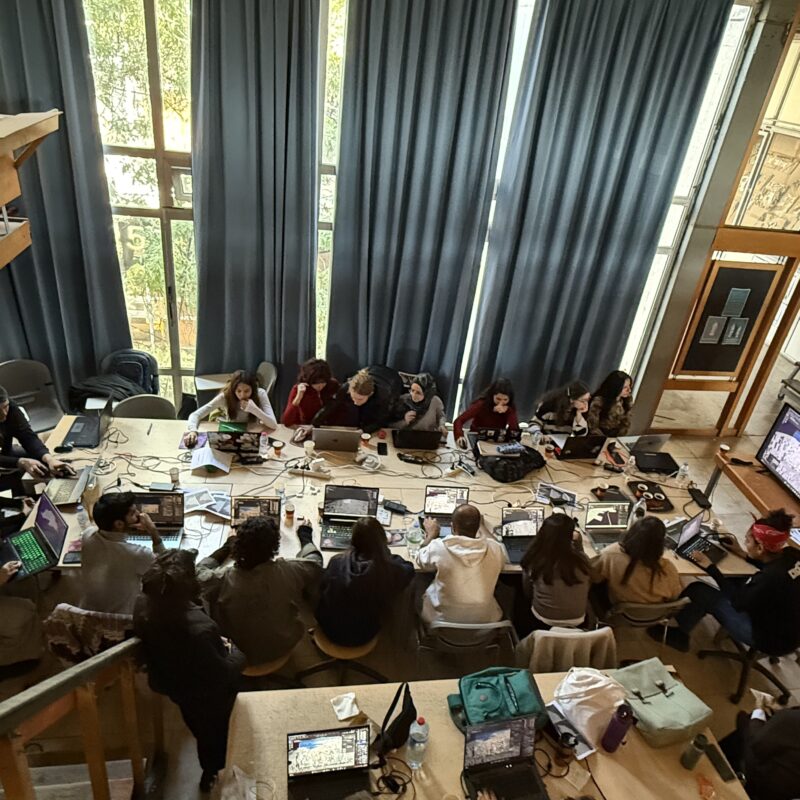Concern Worldwide
Midwifery-led health services for the islands people in Bangladesh

Project information
 Location
Location
 Duration of the project
Duration of the project
 Time status
Time status
 Focus area
Focus area
Bangladesh is considered a success story because of its achievements towards the Sustainable Development Goals (SDGs), however progress towards some health indicators relating to reducing maternal, infant, and neonatal mortality, has stagnated.
Bangladesh has established health infrastructures in some parts of the country, however for the most part in the coastal-belt, especially the offshore islands, communities are disconnected. In many remote areas, there is an absence of skilled service providers to manage health facilities. Bangladesh has approximately five physicians and two nurses per 10,000 population and the ratio of midwives, the most important service provider for pregnancy care, is negligible. As a result, people who live in the remotest areas, who are invariably in the greatest need of health care, remain excluded from services.
In this project, Concern Worldwide seeks to provide primary health care to the residents of two islands in Bangladesh, with special attention given to pregnant and lactating woman and newborns, children under five, men and women of reproductive age, and elderly people and those at high risk including people with disabilities.
The project is supported with SEK 2 580 000.
What does the project deliver?
This project will bring together existing resources and workforce of the community, public, NGO, and private organisations in the local area to work for the improvement of maternal health in two-remote islands off the south-west coast of Bangladesh.
Why do we support this project?
Women die from complications during pregnancy or childbirth every two minutes. Remote communities are particularly vulnerable due to lack of access to health care. Enabling and providing equitable health care to all saves lives, reduces suffering and contributes to improved living conditions.






